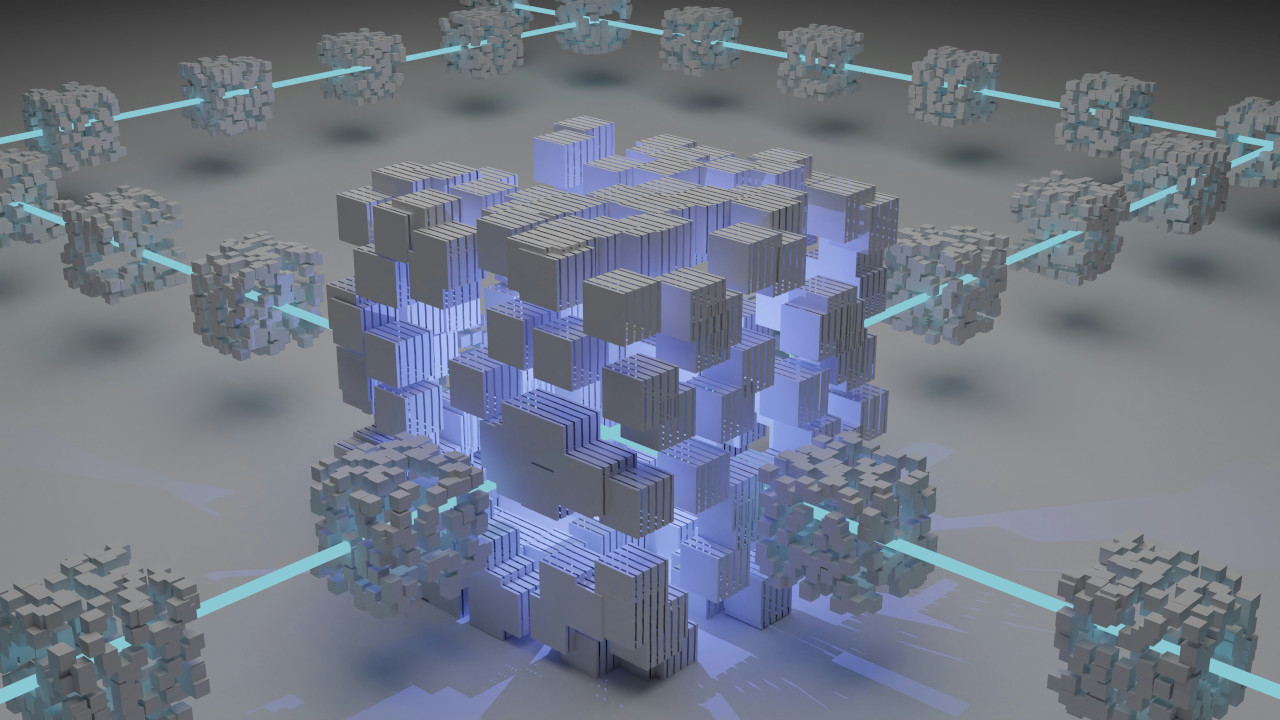Chang Hard Fork: Ushering in Cardano's Voltaire Era and Community Governance
Today marks a pivotal moment in the evolution of the Cardano blockchain as the highly anticipated Chang Hard Fork goes live. This upgrade is not just a technical enhancement but a monumental shift towards full decentralization and community governance. As Cardano enters the Voltaire era, the Chang Hard Fork initiates a new phase where the power to shape the network's future is placed firmly in the hands of ADA holders.
What is the Chang Hard Fork?
The Chang Hard Fork, scheduled for today 9/1/2024, is a critical upgrade that begins Cardano's transition into the Voltaire era—a phase dedicated to achieving full decentralization and community-driven governance. The hard fork aims to transfer governance from Input Output Global (IOG) to the Cardano community, enabling ADA holders to have a direct impact on the network’s future. This upgrade is designed to make Cardano a more scalable, secure, and community-oriented blockchain platform.
Key Features and Upgrades
The Chang Hard Fork brings several key enhancements that are expected to drive greater adoption and innovation within the Cardano ecosystem:
- Advanced Scalability Features: The upgrade significantly enhances Cardano's scalability, enabling the network to handle more transactions efficiently. The current transaction throughput of 250 transactions per second (TPS) is expected to increase to over 1,000 TPS, reducing congestion and lowering transaction costs. This improvement will make Cardano more attractive to developers and users, particularly for decentralized applications (dApps).
- Enhanced Transaction Speeds: Cardano will see improved transaction speeds, crucial for applications requiring real-time interactions, such as financial services and gaming platforms. Faster transaction times will improve user experience and make the network more competitive with other blockchain platforms.
- Improved Security Protocols: Security is paramount, and the Chang Hard Fork introduces advanced cryptographic techniques and enhanced validation processes to protect the network from threats like double-spending and other attacks. These measures will ensure the integrity of transactions and smart contracts.
- Resilience Against Attacks: The upgrade makes Cardano more resilient against various types of attacks by enhancing its Ouroboros consensus mechanism and implementing better defense mechanisms. This ensures that the network remains stable and reliable even under potential threats.
- Community-Driven Governance: A cornerstone of the Chang Hard Fork is the transition to community-driven governance. This includes the introduction of Delegate Representatives (DReps), who will represent the community’s interests in governance decisions. ADA holders will be able to vote on proposals, making Cardano’s governance more inclusive and representative.
Part 1 of the Chang Hard Fork: The Interim Phase
Part one of the Chang Hard Fork is a significant step towards full community governance. It introduces the Interim Cardano Constitution, released by Cardano’s off-chain governance organization, Intersect. This guiding document will provide guardrails during the transition period and serve as a bridge to the full Cardano Constitution, set to be ratified later this year.
In this first phase, the hash of the Interim Constitution will be included in the new Cardano Node 9.0.0. This ensures the integrity of the document and serves as a trial for the full Constitution. Additionally, the Interim Constitutional Committee (ICC) has been established, comprising seven members, including three elected by the community. This committee will uphold the principles of the Interim Constitution and vote on the first on-chain governance actions, with veto power being enacted via on-chain voting.
Part 2 of the Chang Hard Fork: Full Decentralized Governance
Scheduled for Q4 of 2024, the second part of the Chang Hard Fork will introduce the final upgrades needed for full community-run governance. This phase will bring the Delegate Representatives (DReps) into the fold, allowing them to register, request ADA delegations, and vote on governance proposals. Additionally, Stake Pool Operators (SPOs) will gain the ability to vote on governance actions using their delegated ADA.
The Constitutional Committee, which will grow beyond the interim body’s seven members, will gain full veto power over governance actions that contradict the Constitution. Moreover, the community will gain control over treasury withdrawals, marking a major step towards full decentralization.
Impact on the Cardano Ecosystem
The Chang Hard Fork is a transformative event for Cardano. By moving governance from IOG to the community, Cardano is setting a precedent for decentralized governance in the blockchain industry. The introduction of community-driven governance, advanced scalability, and enhanced security measures will make Cardano a more robust and appealing platform for developers, users, and investors alike.
The transition to a fully decentralized model is expected to drive increased participation, with ADA holders taking an active role in governance. This could lead to higher staking rewards, greater transparency, and a more secure network, as control is distributed across a broader base of stakeholders.
Looking Ahead: Cardano's Future
As Cardano prepares to fully transition into the Voltaire era, the Chang Hard Fork represents a significant milestone in the network’s journey towards becoming the world’s first truly community-governed blockchain. The enhancements introduced today and those planned for later this year will lay the foundation for a more resilient, efficient, and inclusive Cardano ecosystem.
The successful implementation of the Chang Hard Fork will undoubtedly position Cardano as a leader in the blockchain space, showcasing the power of decentralized governance and the strength of community-driven innovation.



